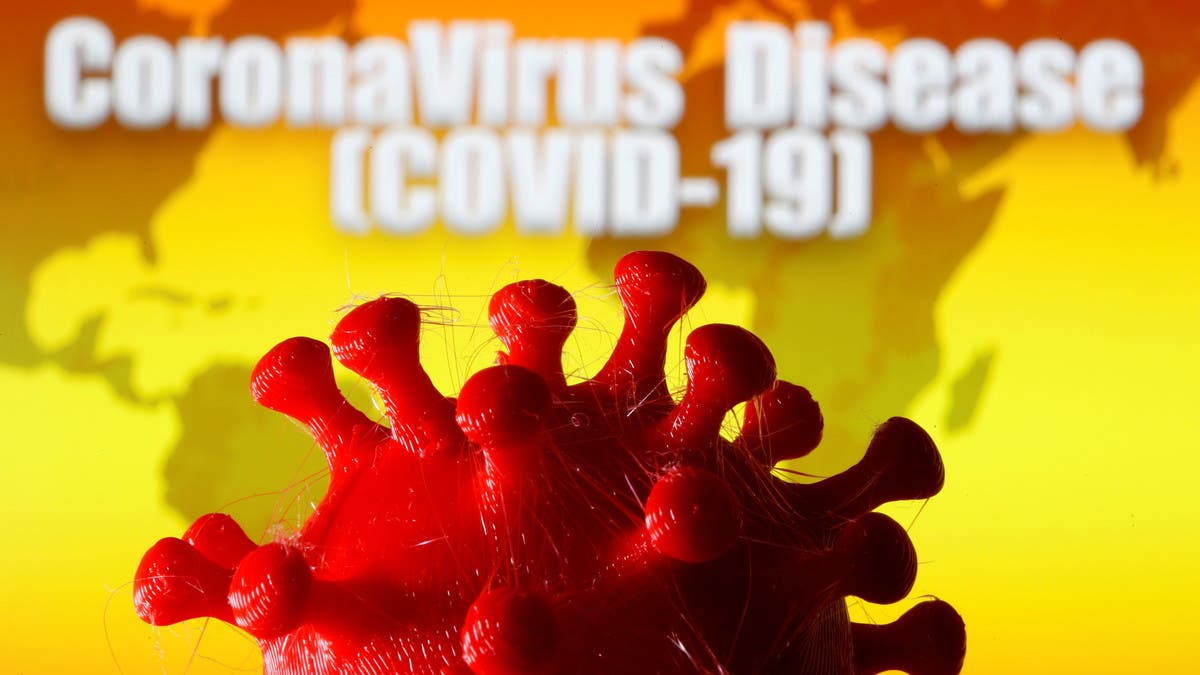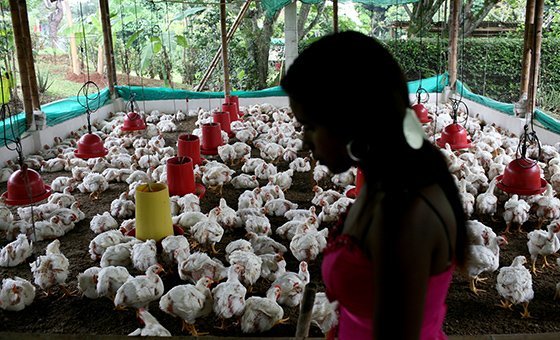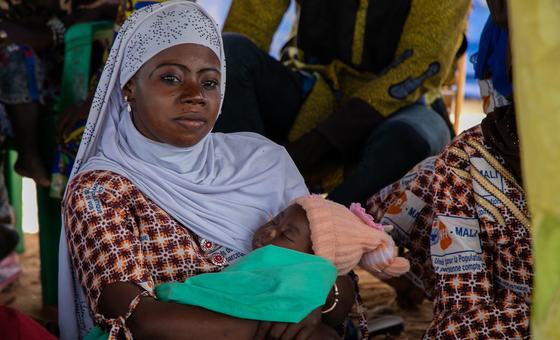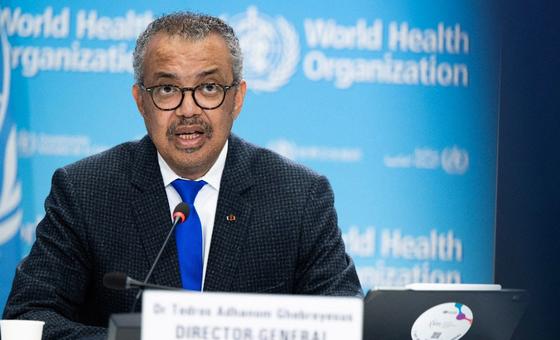It will take $15 billion in grants this year and another $10 billion annually after that to establish and maintain an adequate toolkit to respond to COVID-19 and address future pandemic threats, according to four organizations focused on global health and the economy.
The estimate is laid out in “A Global Strategy to Manage the Long-term Risks of COVID-19,” a working paper published on Tuesday by the International Monetary Fund, in partnership with the Coalition for Epidemic Preparedness Innovations (CEPI), the Global Fund and Wellcome Trust.
In the paper, the four global groups said that ending the pandemic everywhere remains an urgent economic, health and moral priority for the world.
Read the latest updates in our dedicated coronavirus section.
“Given the many possible scenarios for the evolution of COVID-19 (from benign to severe_ and given the limited resources countries have, we need a new strategy," Gita Gopinath, the IMF’s First Deputy Managing Director, said in a statement.
The IMF estimated the pandemic resulted in $13.8 trillion in cumulative losses as of January 2022.
Gopinath told a news briefing that the IMF expected to revise down its global growth forecast later this month to factor in the cost of the Russian invasion of Ukraine and the continued pandemic.
“The cost to the economy of more general disruptions and the war in Ukraine is going to be very significant,” Gopinath said, adding that the estimated cost of the pandemic would also rise.
“Since the pandemic is not over, and we have disruptions to the supply chain that continue and other costs, including human capital, that number is only going up,” Gopinath added.
Gopinath said countries need vaccines, tests, treatments and an improved health infrastructure to tackle COVID-19 and other deadly diseases.
“These last two years have shown that remarkable progress is possible when the world comes together and supports science boldly at scale, across borders,” said Jeremy Farrar, director at the Wellcome Trust charity.
“Now is not the time to ease up – the virus’s next move is anything but certain and the risk of new variants high.”
Richard Hatchett, chief executive of CEPI, said vaccines will be critical to any future response, but they must be accompanied by investments in global surveillance, research and development, manufacturing and health systems.
“This is a crisis that will continue to unfold and unspool over time if we don’t put the resources against it that it requires,” Hatchett said.
Read more:
Shanghai enters COVID-19 lockdown despite low symptomatic cases
China’s Sinopharm says second-generation COVID-19 vaccine approved for trial
Renewed COVID-19 surge forces easyJet to cancel UK flights over staff shortages

 World2 years ago
World2 years ago
 World2 years ago
World2 years ago
 Entertainment7 years ago
Entertainment7 years ago
 World7 years ago
World7 years ago
 Entertainment7 years ago
Entertainment7 years ago






